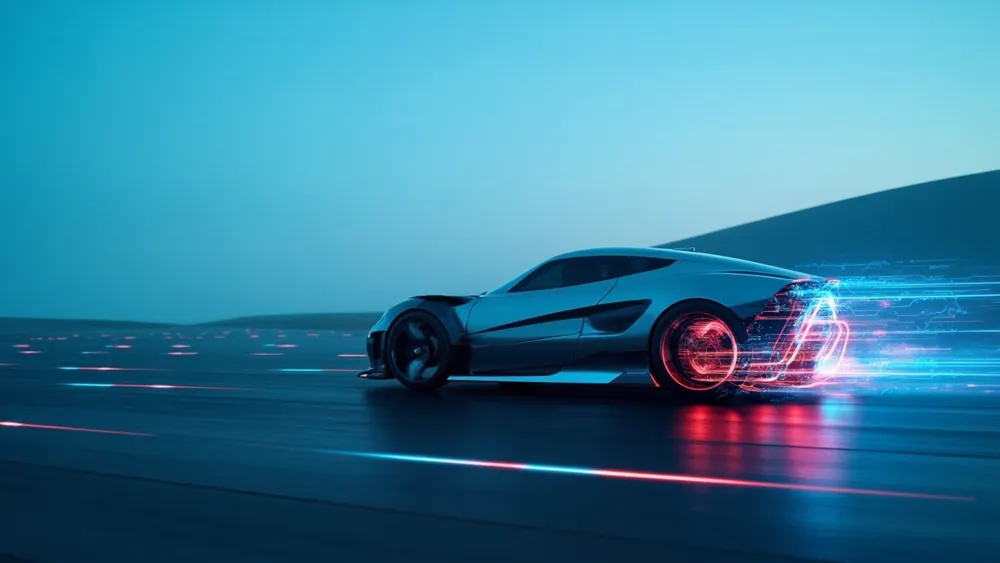Xiaopeng G7: New Frontier in Autonomous Driving

The launch of the Xiaopeng G7 marks a pivotal moment in the evolution of automotive technology, as it claims the title of the world's first Level 3 (L3) autonomous vehicle. With more than 10,000 pre-orders registered in just 46 minutes, this vehicle not only signifies Xiaopeng Motors' innovative strides into AI-driven automation but also emphasizes the growing consumer interest and confidence in advanced electric vehicles. As the industry increasingly shifts towards smarter transport solutions, the G7's advancements could disrupt traditional automotive paradigms, signaling a new era of autonomous mobility.
Key features of the Xiaopeng G7 include three self-developed Turing AI chips that elevate its processing capabilities, thereby enhancing its autonomous driving functionalities. The innovative full-spectrum augmented reality (AR) head-up display promises to integrate real-time navigation and essential vehicle data with minimal latency, allowing for safer and more efficient driving experiences. This strategic positioning aligns with the growing emphasis on real-time data processing and edge computing in today's automotive landscape. However, concerns linger around the G7's adherence to safety regulations and how its autonomous capabilities will translate in varied driving conditions, potentially impacting its adoption rate.
Despite its promising inception, the Xiaopeng G7 must navigate a fiercely competitive marketplace dominated by established players such as Tesla and newer entrants like Rivian. The company's challenge will lie not only in maintaining production quality and meeting consumer expectations but also in ensuring its autonomous technology is robust enough to gain regulatory approval across different international markets. If Xiaopeng can leverage these early bookings as a barometer for broader acceptance, it stands a chance to establish itself as a frontrunner in the smart vehicle sector.
As the automotive market continues to evolve amidst technological advancements such as 5G and artificial intelligence, the adoption potential of vehicles like the G7 will hinge on the ability of companies to address the inherent risks associated with autonomy. Will consumers readily embrace this new paradigm of vehicle operation, or will lingering safety concerns slow the momentum down? Future successes will be determined by not just the specifications of these vehicles but their integration into everyday life and their ability to enhance user experience while navigating the complexities of an increasingly interconnected world.
Read These Next

Dr. Hao Yu Claims Review Can Revitalize US Amidst 0.02% Validation
A blogger revealed low recombinant collagen levels in a new product, gaining attention in science and health fields.

Apple's iOS 26 Enhances User Interaction with Visual Intelligence
Apple's iOS 26 introduces a groundbreaking Visual Intelligence feature, enabling users to analyze and interact with screen content for seamless product searches and event management. This commentary critiques its innovation, market impact, and potential risks.

Mechanical Revolution 14X Pro: 14-Inch, 99Wh Battery at ¥4799
The article discusses the launch of the Mechanical Revolution 14X Pro lightweight notebook, featuring a powerful battery and competitive pricing, aiming to enhance efficiency in portable computing.
